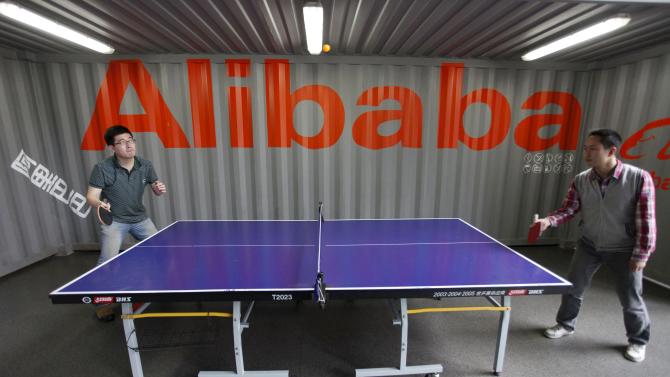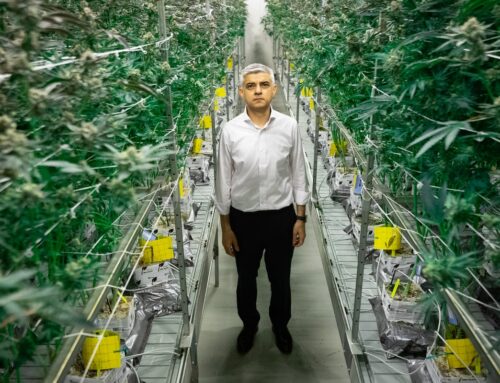Company earnings suggest stronger Chinese consumer
October 27, 2015
China remains a focal point for global growth and also of course for the Fed, as it cited macro global uncertainties as a big driver behind its delay to increase interest rates. The leadership in the country is meeting this week to set their economic priorities for the next year and five years.
Given that macro data from the country has been tough to trust, here’s a look at some read-throughs from this morning’s earnings reports and ahead of Apple’s report after the close, where the Chinese consumer will be front and center.
The Chinese consumer
First, the Chinese consumer got a positive read this morning. With Apple (AAPL) earnings coming after the close, the Chinese consumer—an important driver and growth area for the tech giant—remains an important focal point.
Alibaba (BABA) seems to be rising from its slump, with third-quarter revenue revenue up 32%, driven by mobile usage.
In response to a question about consumer patterns, Alibaba Vice Chairman Joseph Tsai highlighted the spending power of the population: “Over the last several years, wage growth has been growing over 10% year-on-year and there is a high savings rate. So people have lots of savings, lots of liquidity.” He went on to say that a setback in the macro picture “is not going to affect their consumption pattern and in a fundamental way.”
The company also remains optimistic ahead of Singles Day, on Nov. 11 (11/11), a big spending-oriented day, which was very strong last year.
Other China consumer trends?
Coach (COH), the luxury retailer that has faced many competitive struggles since 2012, highlighted strength in China, which makes up about 15% of the company’s sales.
The company is targeting double-digit growth in mainland China and saw positive comps, which offset some of the tourist traffic declines in Hong Kong and Macau.
CEO Victor Lewis noted that they remain confident in the region, despite current concerns including macro uncertainty, exchange rate fluctuations, and traffic into Hong Kong and Macau: “Despite some macro slowdowns in stock market gyrations in China, we remain confident in our $620 million forecast for 2016.” He noted that the long-term opportunity in China remains strong, saying the company is “optimistic on the prospects for the market over the long term as the drivers we’ve consistently mentioned are more relevant than ever.”
In the consumer arena, we also got positive feedback last month from Nike (NKE). CFO Andy Campion told investors on the company’s conference call that China revenue grew an impressive 30% for the quarter. He added, “While we are very mindful of the macroeconomic volatility in China, our brand has never been stronger and our marketplace has never been more healthy.”
Industrial tells
The industrial data has been much less optimistic, however. In its conference call this morning, UPS (UPS) CEO highlighted global GDP negatively influenced by China: “Global GDP forecasts for the second half of the year have come down… Asia has come down slightly, primarily influenced by lower China output.”
Engine-maker Cummins (CMI), highlighted a slowdown in China as one of the drivers behind its revenue and earnings decline. Chairman and CEO Thomas Linebarger noted that “industry sales in China are at multi-year lows.” While stating that demand will inevitably recover, he noted that “near term conditions remain very challenging.” In the company’s press release, Linebarger emphasized difficult but necessary actions to lower costs in the face of weak demand in global markets, including China.
Industry demand for heavy- and medium-duty trucks in China declined by 24% in the third quarter and down 29% year-to-date as the industrial economy continues to slow.
These reads follow underwhelming commentary on China last week from industrial names like Honeywell (HON) and United Technologies (UTX).
Search
RECENT PRESS RELEASES
Related Post







